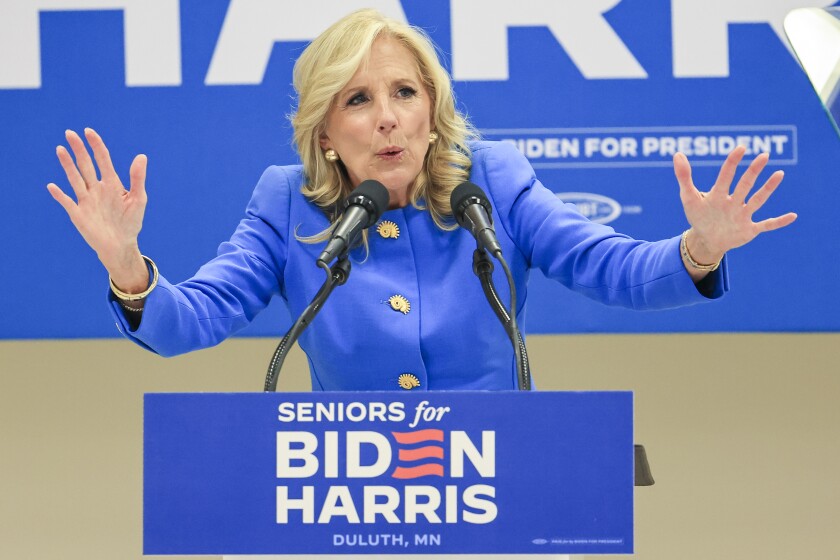
A series of polls conducted over the past month reveal that many Americans continue to associate the Republican Party with tax cuts and economic growth, while Democrats are seen as champions of wealth redistribution and corporate taxation. This divide reflects broader economic anxieties among the electorate, particularly in light of the continued strain on household budgets.
In states like Pennsylvania, Michigan, and Wisconsin, which are expected to be battlegrounds in the 2024 election, voters are particularly concerned about rising costs of living. While some voters believe Trump's policies will lead to economic revival through deregulation and tax incentives, others argue that Harris's focus on social justice and income inequality could offer a more sustainable path to affordability for working families.
The Trump campaign has yet to release a detailed economic plan, but advisors hint that the former president will continue to champion tax cuts, deregulation, and an "America First" trade policy. Trump’s first term was marked by significant tax reductions for corporations and the wealthy, which his supporters argue spurred economic growth and job creation. However, critics point to the growing national debt and wealth disparity that followed, questioning whether these policies truly benefited the middle and lower classes.
Harris, who has positioned herself as a defender of the underprivileged, has likewise been reticent to lay out a specific economic agenda. Nevertheless, her statements and actions suggest a focus on raising taxes on the wealthy and large corporations to fund social programs aimed at reducing income inequality. Harris has also emphasized the need for government intervention in areas like healthcare, education, and housing, arguing that these measures would alleviate financial pressures on ordinary Americans.
Despite the lack of detailed plans, economic experts are already weighing in on the potential impact of each candidate’s approach. Analysts note that Trump’s focus on tax cuts and deregulation could stimulate investment and job creation in the short term but warn that such policies could exacerbate income inequality and lead to budget deficits. Conversely, Harris's approach, which includes higher taxes on the wealthy and increased government spending on social programs, could provide relief to struggling families but might also discourage investment and lead to slower economic growth.
The economic debate is further complicated by the candidates' differing views on trade and globalization. Trump is expected to continue his hardline stance on China and push for tariffs and trade agreements that prioritize American industries. Harris, while critical of some aspects of global trade, is likely to advocate for multilateral agreements and partnerships that address global economic challenges like climate change and labor rights.
The American electorate's division on economic issues reflects broader uncertainties about the direction of the country's economy. Inflation, stagnant wages, and rising healthcare costs are top concerns for voters, and both Trump and Harris will need to address these issues convincingly to sway undecided voters. As the campaign progresses, voters will be watching closely to see how each candidate plans to make life more affordable for the middle and lower classes.
The outcome of the election may hinge on which candidate can best articulate a vision for economic recovery that resonates with the concerns of ordinary Americans. While Trump’s base remains loyal, largely due to his perceived business acumen and tough stance on trade, Harris’s focus on equity and social justice has the potential to mobilize voters who feel left behind by the current economic system.
As the race intensifies, the battle for the hearts and minds of middle and lower-income Americans will be a key factor in determining the next occupant of the White House. Both candidates face the challenge of proving that their policies will lead to a more affordable and prosperous future for all Americans.
Topics
World
